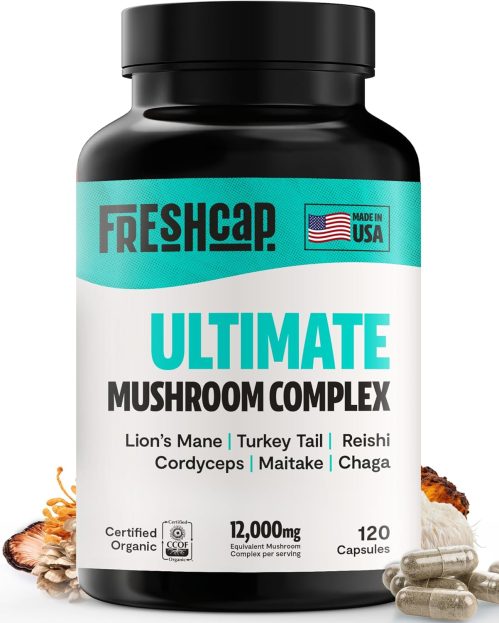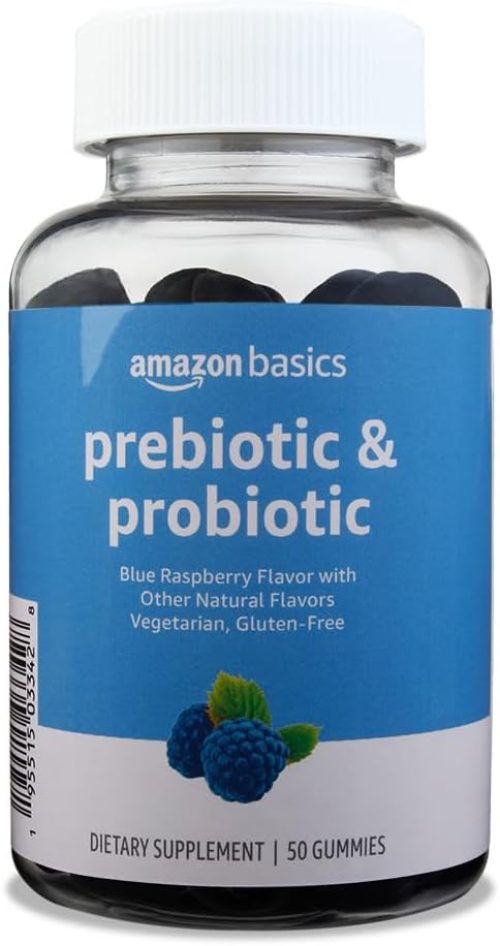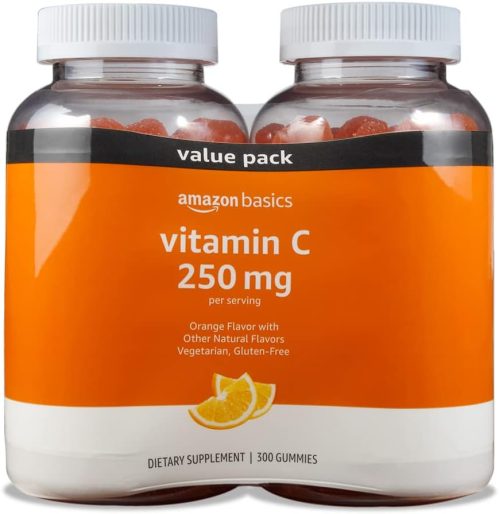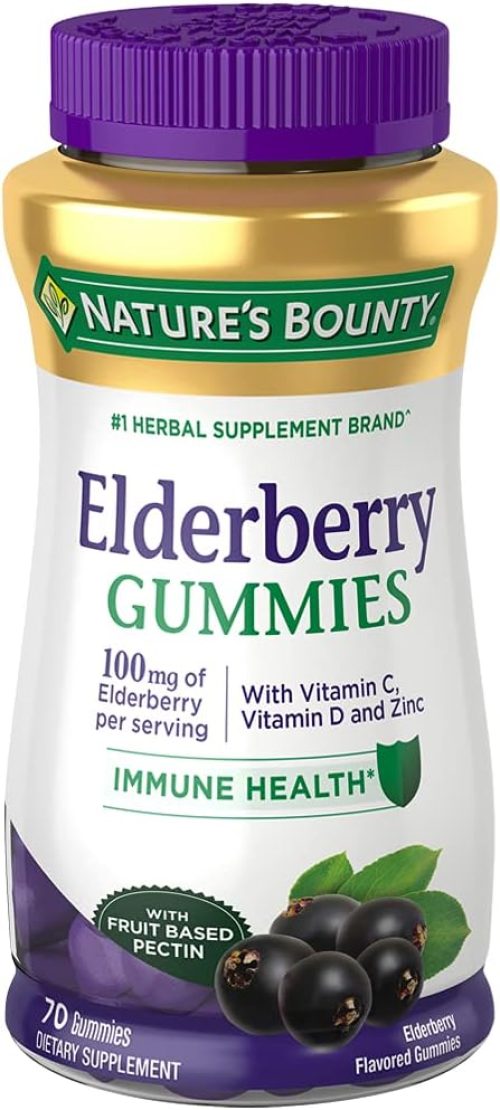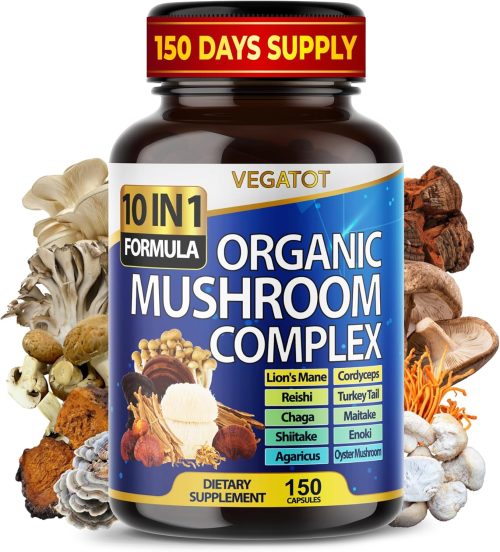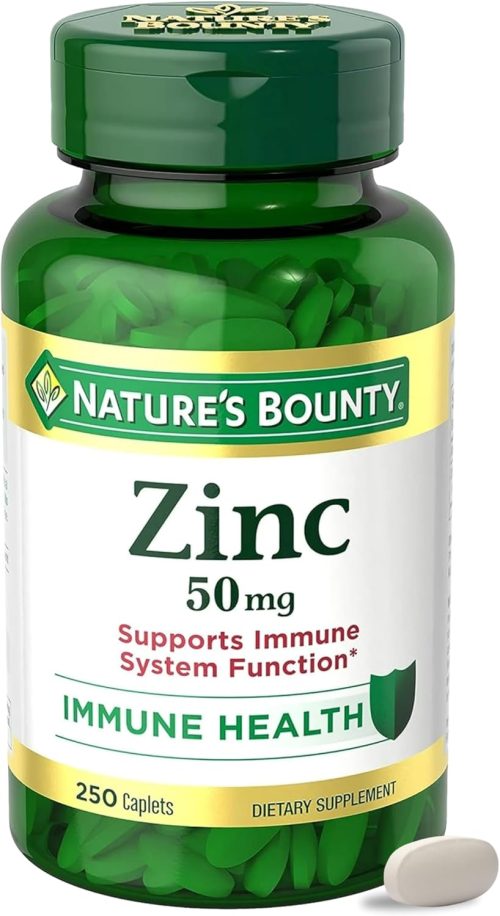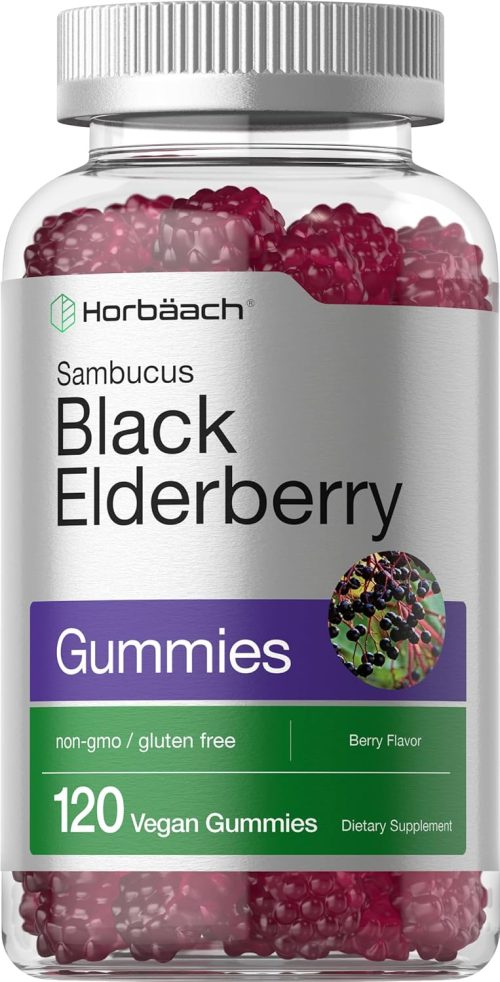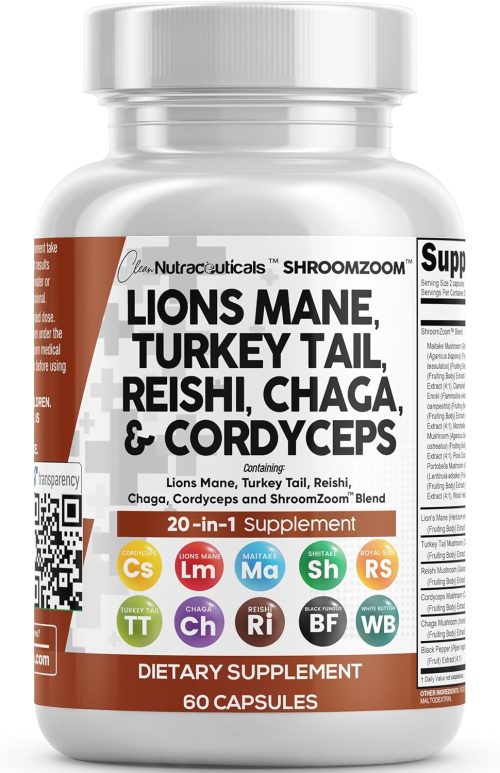
When considering the role of antioxidant supplements in disease prevention, you might be intrigued by the ongoing debate surrounding their efficacy. Are these supplements truly a shield against illness, or is their impact more nuanced than initially thought? As you navigate through the complexities of antioxidants and their potential benefits, understanding the latest research findings and expert insights can shed light on their true significance in maintaining optimal health.
Understanding Antioxidants and Their Functions
Understanding antioxidants is crucial for grasping their role in combating oxidative stress within the body. Antioxidants are powerful molecules that neutralize free radicals, unstable atoms that can cause damage to cells. By donating electrons to stabilize these free radicals, antioxidants help prevent oxidative stress from wreaking havoc on your cells. Common antioxidants include vitamins C and E, as well as beta-carotene and selenium. These antioxidants work together in a complex system to protect your body from the harmful effects of oxidative stress.
Antioxidants play a vital role in maintaining overall health and well-being. They help reduce inflammation, boost the immune system, and even slow down the aging process. Consuming a diet rich in fruits, vegetables, nuts, and seeds can provide your body with an array of antioxidants to support its natural defense mechanisms. Additionally, antioxidant supplements can be beneficial for individuals who may not get enough antioxidants through their diet alone. By understanding how antioxidants function in the body, you can make informed choices to support your health and well-being.
The Impact of Antioxidants on Disease
To explore the impact of antioxidants on disease, consider how these powerful molecules play a crucial role in protecting your body from harmful oxidative stress and its potential consequences. Antioxidants act as defenders against free radicals, unstable molecules that can damage cells and lead to various diseases. By neutralizing these free radicals, antioxidants help prevent oxidative stress, a key factor in the development of conditions like heart disease, cancer, and neurodegenerative disorders.
Studies have shown that a diet rich in antioxidants from fruits, vegetables, and other sources can lower the risk of chronic illnesses. For example, vitamin C and E, two well-known antioxidants, have been linked to reducing inflammation and protecting against heart disease. Additionally, compounds like flavonoids found in foods like berries and green tea have been associated with improved heart health and lower rates of certain cancers.
Incorporating antioxidant-rich foods into your diet can provide essential protection against diseases caused by oxidative stress. By supporting your body’s natural defense system, antioxidants play a vital role in promoting overall health and well-being.
Key Antioxidants for Disease Prevention
Incorporate essential antioxidants into your daily diet to bolster your body’s defenses against disease and optimize your overall health. Antioxidants play a crucial role in preventing various illnesses by combating free radicals that can damage cells and lead to diseases like cancer, heart disease, and neurodegenerative disorders.
Some key antioxidants to include in your diet are vitamin C, found in citrus fruits and bell peppers, which boosts your immune system and protects against infections. Vitamin E, abundant in nuts, seeds, and spinach, acts as a powerful antioxidant that helps protect cell membranes. Beta-carotene, present in carrots, sweet potatoes, and kale, supports healthy vision and immune function.
Additionally, selenium, found in Brazil nuts, seafood, and whole grains, plays a vital role in thyroid health and acts as an antioxidant in the body. By incorporating these key antioxidants into your daily meals, you can fortify your body’s natural defenses and reduce the risk of developing various diseases.
Evaluating the Effectiveness of Antioxidant Supplements
Utilizing scientific studies, researchers have been evaluating the effectiveness of antioxidant supplements in improving overall health and reducing the risk of chronic diseases. Studies have shown mixed results regarding the benefits of antioxidant supplements. While some research suggests that antioxidants like vitamin C, vitamin E, and beta-carotene may help reduce oxidative stress and inflammation in the body, other studies have found limited evidence supporting their role in preventing chronic diseases. It’s essential to note that the effectiveness of antioxidant supplements can vary depending on various factors such as the type and dosage of the supplement, the individual’s overall health status, and their lifestyle habits.
To determine the true effectiveness of antioxidant supplements, it’s crucial to consult with healthcare professionals and consider incorporating a balanced diet rich in fruits, vegetables, and whole grains, which naturally provide antioxidants. Remember that supplements shouldn’t be used as a substitute for a healthy diet and lifestyle. Always seek guidance from healthcare providers before starting any new supplement regimen to ensure its safety and potential benefits for your specific health needs.
Trending Products


